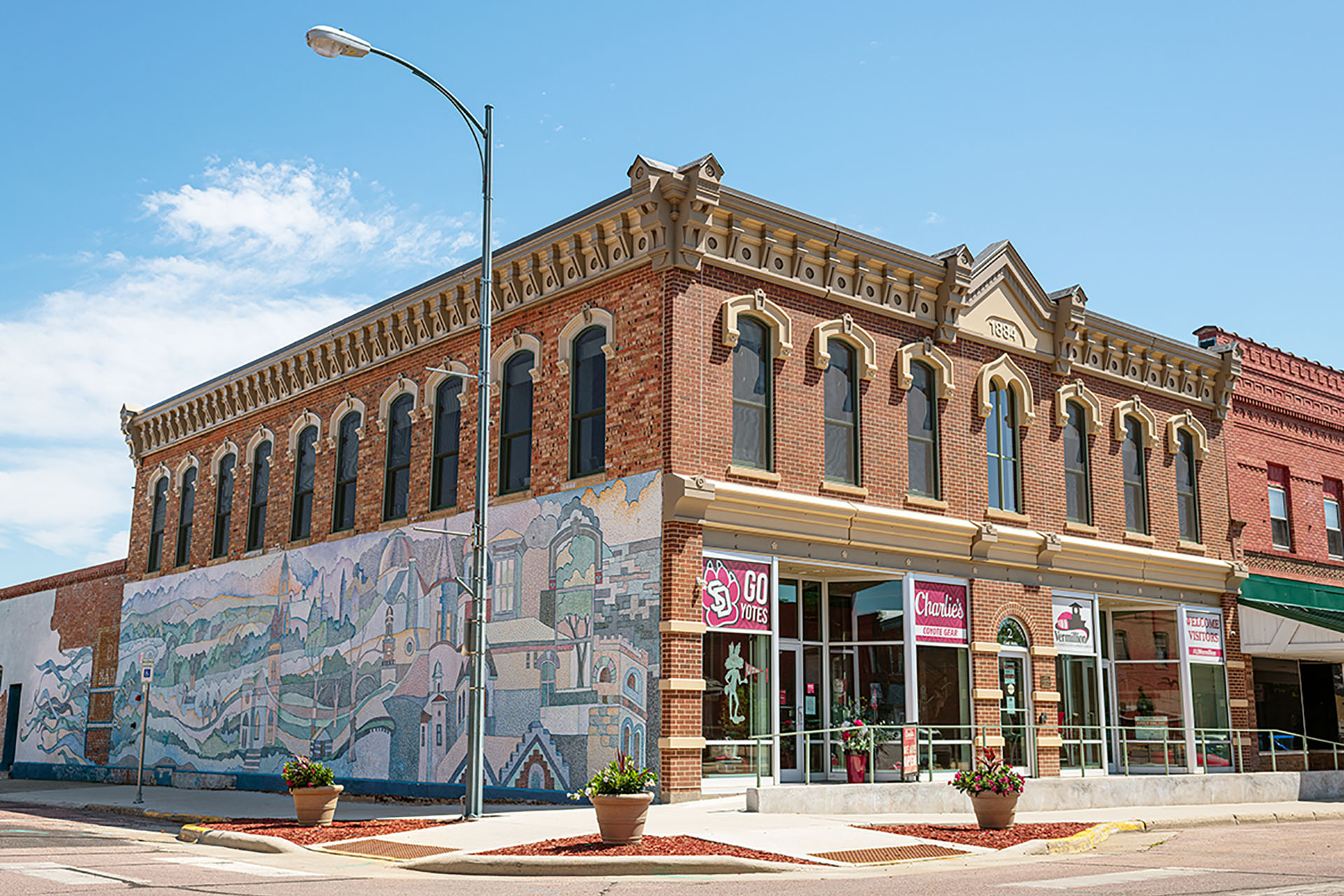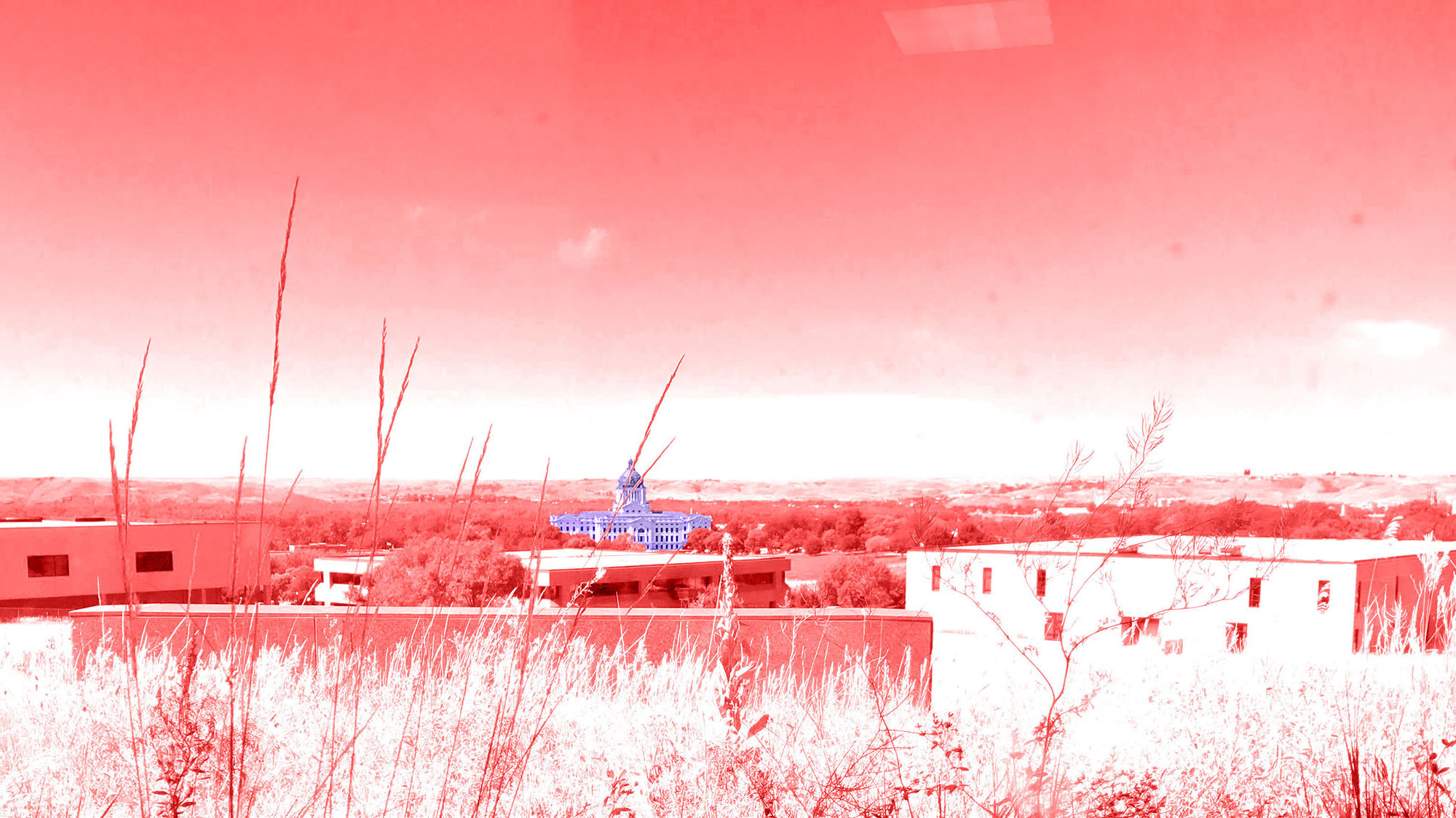New Senate Bill 157 introduced on 2/5/2020 would remove the requirement for special permit hearings at a county level:
https://mylrc.sdlegislature.gov/api/Documents/66405.pdf
The public has a stake in the alteration of land and the impacts of structures. The purpose of the hearings is to create a forum by which the public, businesses, officials, and advocates can give input and be heard as to how they believe the proposal will affect them or the community. If conducted in good faith with a readiness to listen, this can lead to a much better project and outcome.
Here in South Dakota, our rules and regulations are minimal in comparison to most other states. If their intentions fit our needs, out of state businesses are not typically deterred by the public input process.
Governor Kristi Noem is looking to open development for farmers, yet unchecked development leads to serious community issues. It is bad practice to build without understanding the effects on the water tributaries and dependent characteristics of our land. The focus of this bill is incentivizing animal feeding operations and wind turbines, but also opens the doors for mining, man camps, and fossil fuel power stations. These examples are illustrative that a special permit type project be rationed due to its potentially detrimental effects on the surrounding land.
Thoughts on Long Term Effects
Any new fossil fuel developments are not practical. TC Energy is not a constructive business for us to open our doors for without considerate moderation. The Keystone XL pipeline is a national issue known for its contentious development under the Missouri River and Lake Oahe. It motivated protests for Indigenous Rights and the right to clean water for the Standing Rock Sioux population in 2016. This construction dismissed Native Americans, state farmers and ranchers, and residents who opposed the pipeline. In response, another 2020 house bill, HB 1117, is anxiously removing freedom of speech from our citizens with the coined term “riot boosting”.
The issues addressed in these public hearings can be contentious, may involve due process rights of private parties, and can generate litigation. This Senate Bill 157 will threaten those who appeal decisions with paying attorney fees, costs of the action and “damages”. It’s an attack on local control and public participation in the democratic process, essential for our communities.
Gas stations love developing in South Dakota. As the infrastructure for electric cars is flourishing, I don’t believe we need more standard gas station establishments across the local highways. This is not the future.
Home in the Prairie
South Dakotan’s have a natural desire for simplicity and utilitarianism. Once a building goes up, we will likely use it for as many years as possible (50+ years). Having standard approval procedures such as public input helps ensure a great development.
We should be focusing support of renovations in downtown developments. The federal interstate system had a negative impact on our towns across South Dakota. Creating incentives for historical preservation of our brick buildings and preserving local communities is needed. Main Street of downtown will always be more preferable to a strip mall development that was hastily built at an interstate exit. A community depends on their downtown.
The ecosystem of our home is beautiful. The prairie seems to have no boundaries and is a true tabula rasa; this doesn’t mean we should lunge forward developing every last inch. The prairie is special because of its emptiness. We need to actively protect our home against dispensable sprawl. Once the topsoil is removed by construction, it cannot be easily replaced.
The Future is Rural
Further endorsement that our open spaces are significant, an installation titled Countryside, The Future by Rem Koolhas is opening at the Guggenheim Museum on 2/20/20 in New York City. The exhibition will highlight urgent environmental, political, and socioeconomic issues and explores radical changes transforming the surface of the world beyond cities. Our land is invaluable, and deserves sensitive utilization.
As architects, our voice is relevant here. Meaningful engagement with the community allows citizens to be part of the design process, leading to better public awareness of an architect’s work and impact.
The Senate State Affairs committee has scheduled the bill’s first hearing for SB 157 on Wednesday 2/19/20 at 10am. I urge you to email your thoughts to the committee:
Joshua.Klumb@sdlegislature.gov
Brock.Greenfield@sdlegislature.gov
Troy.Heinert@sdlegislature.gov
Craig.Kennedy@sdlegislature.gov
Jordan.Youngberg@sdlegislature.gov

AIA South Dakota is the professional non-profit membership association of architects, future architects, and partners in the building and design industries, and the state chapter of the American Institute of Architects (AIA) AIA South Dakota advances the mission that design matters in every South Dakota community.



By way of update: On 2/19/2020 State Affairs Committee passed an amended version of this bill (yay-6, nay-3) https://mylrc.sdlegislature.gov/api/Documents/67975.pdf
Follow SB 157 here:
http://sdlegislature.gov/Legislative_Session/Bills/Bill.aspx?Bill=157&Session=2020
Riot Booster 2.0 on Senate Floor. Call your senator!
#NoKXLDakota
Follow HB 1117 here:
https://sdlegislature.gov/Legislative_Session/Bills/Bill.aspx?Bill=HB1117&Session=2020